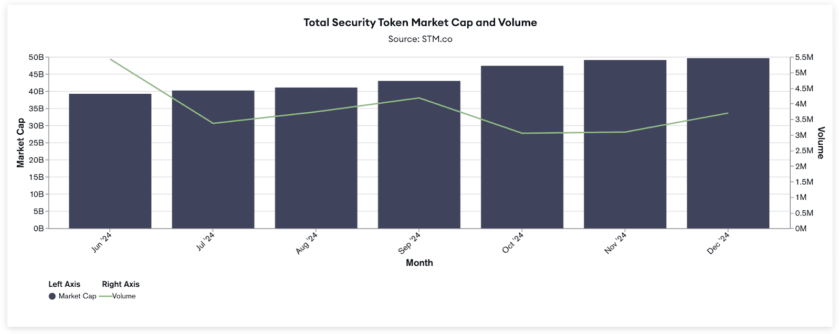With RealioX, Realio distinguishes itself from existing issuance platforms by developing a decentralized exchange that has a failsafe, 24/7 availability.
The ability to tokenize illiquid assets and partially sell them as fractional ownership tokens might turn out to be a boon for the real estate market. At the same time, asset tokenization could become one of the most important use cases for blockchains.
Like virtually all blockchain use cases, this however comes with a few pitfalls. Most of these are due to the fact that blockchain technology is still a largely untested playing field. This article explores how blockchains will shift the real estate market and how a trustworthy issuance platform can address most of the current issues in tokenization.
Transparency and Liquidity
At the current time, real estate is largely an intransparent market that is controlled by relatively few and mostly institutionalized investors. While the market is open to smaller investors through Real Estate Investment Trusts (REITs), this is rather an option for portfolio diversification, rather than a primary investment opportunity for middle-class investors.
Unless they are exchange-traded, REIT shares are not much more liquid than the real estate itself, as they charge extraordinarily high early redemption fees for terminating one’s position. In addition to that, brokerage fees apply to the upfront investment, which further reduces the investor’s return.
All of these factors contribute to the fact that non-traded REITs are typically not available or attractive to retail investors. While REITs can be listed on an exchange, giving the shares a transparent valuation, it is still a tedious process, which requires strict adherence to the SEC’s securities regulations.
Because of this, exchange-traded REITs tend to be large, multi-million dollar funds that still have a relatively high minimum investment and incur fees for a centralized middleman, namely the exchange. This is where tokenization kicks in, as it creates a streamlined way to list a REIT (or any other real estate project) on a public exchange. While SEC compliance is still required, a token issuance platform like Realio can take care of most of the necessary paperwork.
How Service Platforms Facilitate the Issuance of Tokenized Assets
Token issuance platforms can provide invaluable services to real estate funds by creating a standardized process for issuing tokenized assets. First and foremost, this includes the smart contracts, which store and manage the tokens on a public blockchain.
The tokens are then automatically listed on the platform’s own digital exchange, giving investors instant access to these investment opportunities. This in turn makes the tokens highly liquid, as investors can instantly sell the tokens again if they see fit.
With RealioX, Realio distinguishes itself from existing issuance platforms by developing a decentralized exchange that has a failsafe, 24/7 availability. In contrast to other decentralized exchanges, RealioX is however compliant with the securities regulations in all major jurisdictions. This is achieved by whitelisting traders and investors only after an extensive KYC/AML check in cooperation with Realio’s compliance partner Prime Trust.
Thanks to a partnership with verifyinvestor.com, RealioX also checks that only accredited investors can buy tokens, if this is necessary under the token’s regulation exemption at the SEC. This provides a safe investment landscape, as both investors and token issuers can be absolutely sure that all investors are legally eligible to buy tokens.
Once the tokens are listed on RealioX, they can be traded without the necessity of a centralized middleman. This helps in keeping trading fees low and allows for much smaller minimum investments than with traditional exchange-traded REITs. RealioX merely charges a taker fee of 1%, which is used to incentivize market makers, thus adding more liquidity to the market and ensuring that there is always a buyer if an investor decides to sell their assets.
Conclusion
Despite the introduction of exchange-traded REITs, the real estate market is still largely unavailable for retail investors. This is going to change in the near future thanks to the possibility to tokenize real estate assets. With the help of fractional ownership tokens and digital exchanges, the minimum investment sums and fees for investing and trading can be greatly reduced, making real estate investments available for a much larger group of potential investors.
Tokenization also contributes to the liquidity of real estate assets, since the tokens can be easily sold again, whenever necessary. Token issuance platforms like Realio facilitate this process with a standardized way to create, issue, and trade fractional ownership tokens. Thus, the issuance platform takes care of most of the necessary groundwork, such as developing token smart contracts and regulatory compliance.
Sophie is a writer, developer, and blockchain researcher. With decades of experience being a Project Manager, she has now set her focus on Cryptocurrencies and disruptive technologies paving the way for the world of tomorrow.




